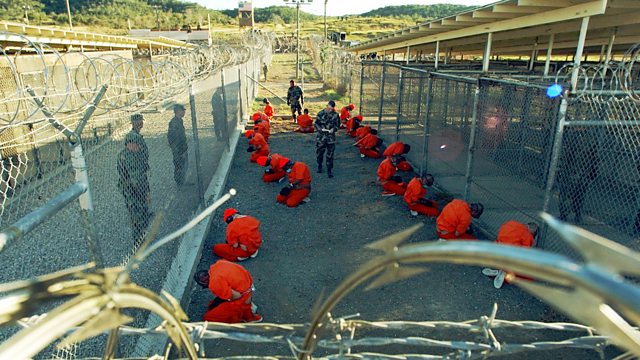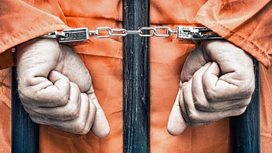CIA Torture: What Did Britain Know?
The 2014 US Senate report on the CIA and torture raises important issues for Britain. Is enough being done to investigate the possible involvement of UK intelligence agencies?
Shortly before Christmas the Intelligence Committee of the United States Senate published an extraordinary and explosive document, universally referred to as the Torture Report, accusing the CIA of brutality in its treatment of prisoners detained in what George W. Bush had called the "War on Terror".
The report debunks the CIA's claims that its "enhanced interrogation techniques" produced important intelligence. These techniques include practices such as waterboarding, sleep deprivation, and sexual humiliation. The simple message for many who've read the report: torture doesn't work.
What was published represents a fraction of the Senate's findings after an investigation lasting more than five years. The 600 or so pages now available online are merely a summary of the full 6,700 page report that remains classified. And much of the 600 pages is illegible, because of redactions in the form of thick, black lines, some of which were demanded by Britain's intelligence services.
In The Report this week Simon Cox asks to what extent Britain's intelligence services were complicit in the mistreatment of prisoners; and why Britain has been dragging its heels in carrying out its own investigation into allegations of mistreatment.
He traces the history of British investigations: a discredited investigation by the Intelligence and Security Committee of Parliament (ISC) in 2007 on extraordinary rendition from which it was later discovered that the intelligence services withheld information; the promise by David Cameron of a judge-led inquiry in 2010, which was subsequently scrapped; and handing back of the torture enquiry to the ISC, which Mr Cameron himself had said was not the appropriate body to carry out this investigation.
Simon will also look what appears to be a consistent tactic of successive British governments to avoid embarrassing details coming to light by claiming that publication would damage relations with the United States, or damage national security. It's a claim rejected by human rights agencies who defend alleged victims of torture, as well as by senior politicians. "National security often just means national embarrassment," says one.
Contributors to the programme include a man who claims he was illegally rendered with British complicity; a member of the judge-led inquiry into torture that was subsequently scrapped; and members of the ISC, now charged with carrying out an investigation.
The alleged abuse is historical. But it acquired contemporary resonance last week when it was reported that one of the alleged perpetrators of the Paris murders had been radicalised by the images of detainees being tortured by US operatives at Abu Ghraib prison in Iraq.
Producer: Tim Mansell.
Last on
More episodes
Previous
![]()
Read Mark Urban's article on the 麻豆社 News website.
![]()
Government on Trial
The British court case that could damage Britain's relations with the United States.
Broadcast
- Thu 15 Jan 2015 20:00麻豆社 Radio 4
Download this programme
Subscribe to this programme or download individual episodes.
The Best of The Report
Listen again to the best investigations from The Report team
Podcast
-
![]()
The Report
Original insights into major news stories and topical investigations




